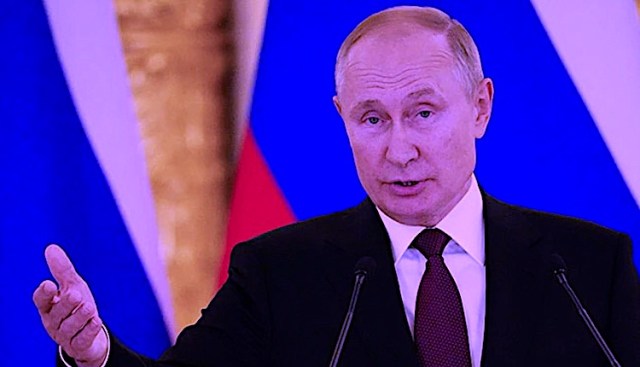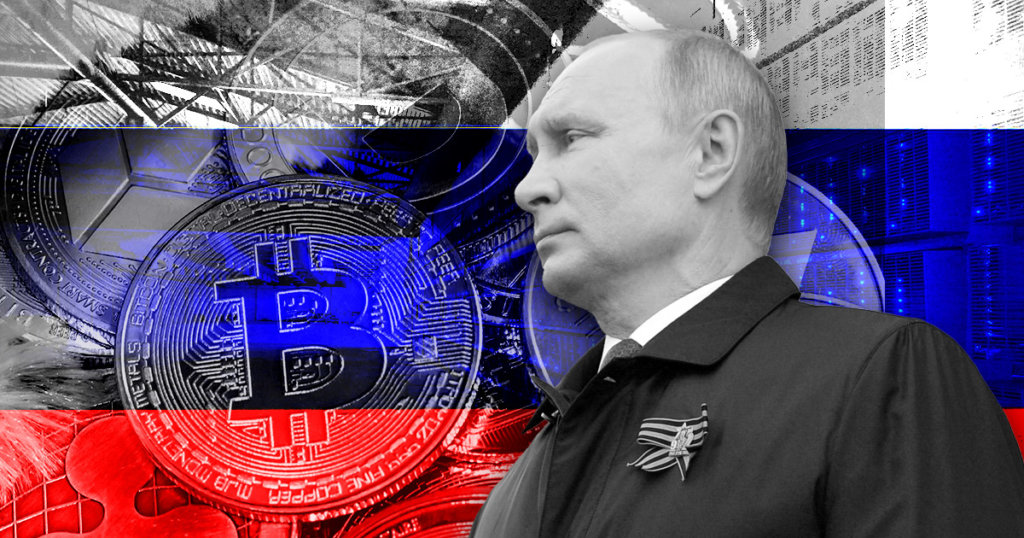
President Vladimir Putin backs a Russian government proposal to tax and regulate mining of cryptocurrencies, rejecting the central bank’s proposal to ban it completely, according to three people familiar with the matter.

Putin supports the proposal, which would allow mining to continue, as Russia has many regions with a surplus of electricity, including Irkutsk, Krasnoyarsk and Karelia, the people said, asking not to be identified because the information is not public.
Kremlin spokesman Dmitry Peskov declined to say what Putin’s stance was and said that the president ordered the government and central bank to work out their differences.
The central bank continues to oppose mining on environmental grounds and because it creates incentives to bypass regulations, its press service said in a response to questions.
The government’s press service did not respond to a request to comment on the status of the talks.
Putin’s position is good news for an industry that has suffered numerous setbacks recently, including China’s complete ban last year and Kazakhstan temporarily unplugging miners this week as the country faced blackouts. Russia became the world’s third biggest crypto miner in 2021, after the U.S. and Kazakhstan, according to Cambridge University data released in October.

The president’s backing, combined with his public comments this week, mean that the proposals are likely to be approved. Putin on Wednesday called for the government and central bank to reach an agreement soon over how to regulate crypto.
“We also have certain competitive advantages here, especially in the so-called mining,” Putin said during a government meeting, while acknowledging risks associated with crypto. “I mean the surplus of electricity and well-trained personnel available in the country.”
Mining Bitcoin, the world’s most valuable cryptocurrency, requires special computers that work to solve complex encrypted problems, and the biggest operating expense for the business is electricity.
Russia has a number of regions that have a surplus of electricity due abundant supplies from hydroelectric plants or because energy-intensive Soviet-era industrial facilities shut down.
Vitaliy Borschenko, co-founder of Russian miner BitCluster, said that miners were invited to join a working government group after the central bank published its report proposing a blanket ban on crypto.







